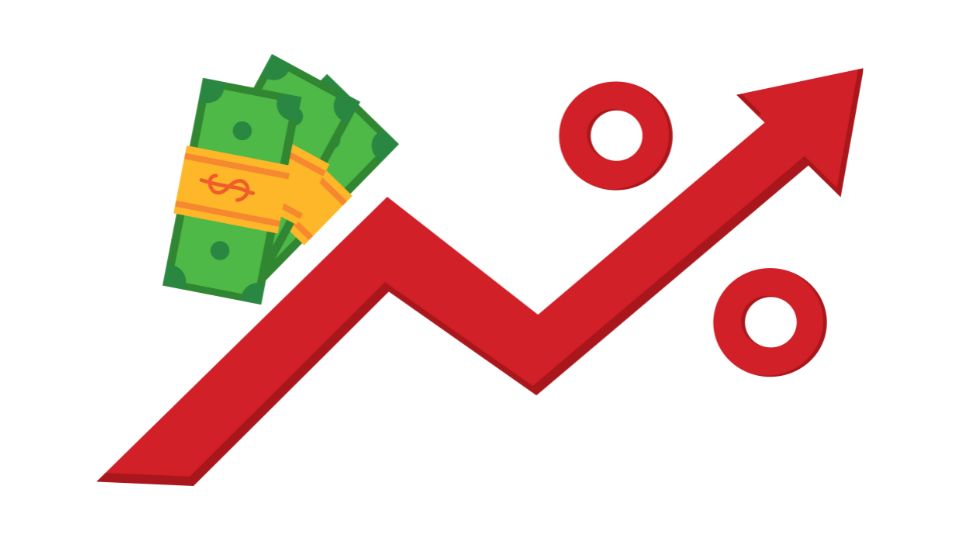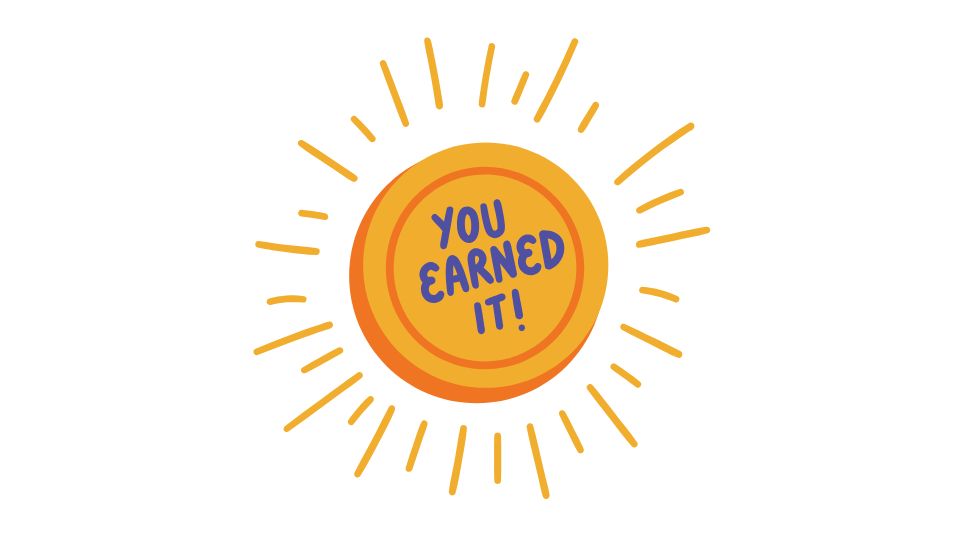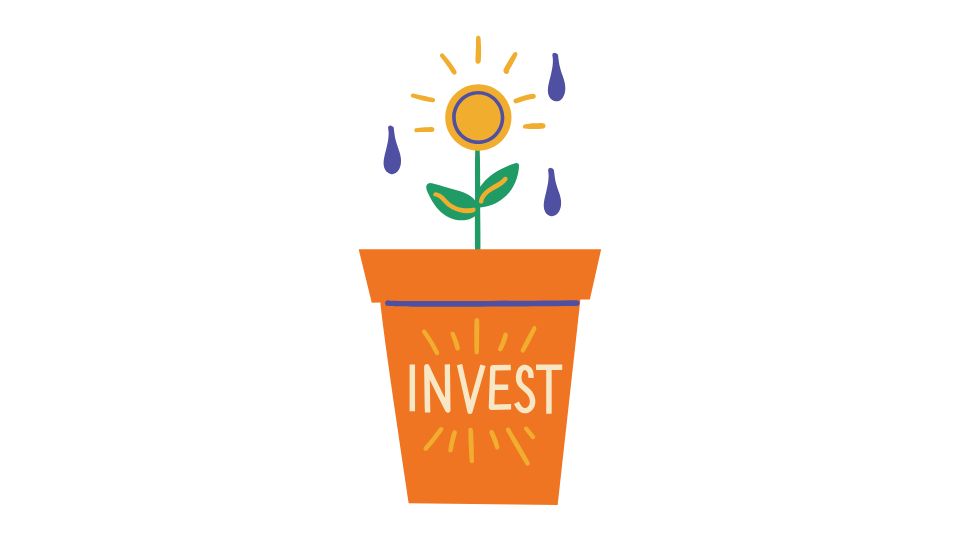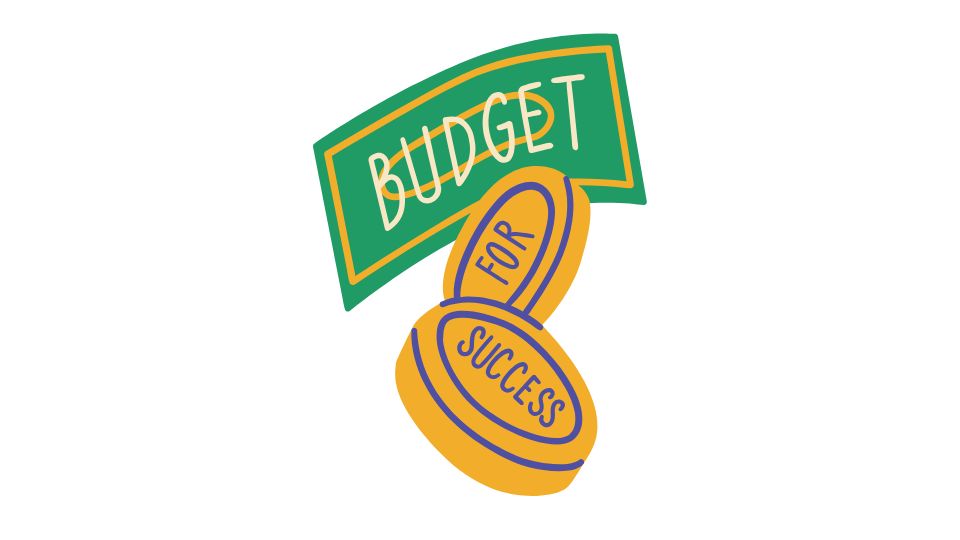Where to Find Health Equity Funding Opportunities in 2025

Money talks, and health equity funding is putting its money where its mouth is. 💰
These grants and financial resources are designed to tackle the massive health disparities faced by marginalized communities across America.
Whether you’re a researcher, nonprofit, or community organization, understanding what funding is available could be the difference between your world-changing health equity project getting off the ground or staying just an idea.
Let’s dive into the most impactful funding opportunities for 2025 that are working to level the healthcare playing field. 🏥
Health Equity Funding: Where to Find Money in 2025
Health equity funding isn’t just charity – it’s strategic investment in dismantling systemic barriers that create unfair health outcomes. These programs target the root causes of health disparities and empower communities to create their own solutions.
Think of it as putting financial muscle behind fixing a broken system. 💪
Major Funding Opportunities You Should Know About

1. Robert Wood Johnson Foundation’s Health Equity Research Program
RWJF is dropping serious cash – $5 million – through two main funding streams:
Rapid Response Research: Helping early and mid-career researchers (especially those from underrepresented groups) whose federally-funded projects hit roadblocks. The May deadline passed, but keep an eye out for future cycles.
New Research Support: This is the big one – providing $250,000 to $500,000 for community-driven projects that center Indigenous and marginalized communities’ knowledge. If you’re a community-based organization with health equity experience, mark July 16, 2025 on your calendar for the letter of intent deadline.
The coolest part? This funding specifically prioritizes projects that uplift communities’ own knowledge and priorities – not just imposing outside “solutions.”
2. Cigna Group’s Health Equity Impact Fund
Cigna isn’t playing small ball. They’ve committed $9 million over three years ($3 million per grant cycle) focused on two cities with serious health inequities: Hartford, Connecticut and St. Louis, Missouri.
This fund partners with nonprofits to tackle the social determinants of health – those underlying factors like housing, education, and economic opportunity that determine so much of our health outcomes.
If you’re working in those areas, this could be your ticket to creating meaningful change in underserved populations.
3. SpringWell360 Health Equity Grant
Don’t dismiss the smaller grants! SpringWell360 offers $1,000 for innovative health equity projects from students, professionals, and individuals.
Yeah, it’s not millions, but sometimes a small injection of cash is exactly what you need to get a pilot project off the ground. Their next grant cycle deadline is August 1, 2025.
These grants embrace education, research, and community outreach projects that tackle health disparities. Sometimes the most creative solutions start small. 🌱
4. HealthEquity Community Foundation Grants
HealthEquity’s foundation puts its money toward nonprofits focused on:
- Healthcare access
- Financial literacy
- Mental health services
- Basic needs (food, housing)
They take a holistic approach to health equity, recognizing that you can’t separate physical health from all the other factors that influence wellbeing.
Applications are open now, with special consideration for programs supporting veterans and other vulnerable populations.
5. AAMC Center for Health Justice Weekly Updates
This is your secret weapon for staying on top of funding opportunities. The Association of American Medical Colleges Center for Health Justice maintains a constantly updated list of health equity funding.
Some hot deadlines coming up in mid-2025:
- Bank of America Stable Housing (June 30)
- ACT on Health Equity Challenge (June 30)
- ABIM Foundation Advancing Health Equity (July 15)
- RWJF New Research Support (July 16)
- NIHCM Foundation Research Grants (July 18)
Bookmark their funding opportunity page and check it weekly if you’re serious about finding money for your work.
6. AstraZeneca ACT on Health Equity Community Investment
AstraZeneca is putting up $1.5 million in 2025 for nonprofits breaking down barriers to care – especially social, cultural, and linguistic obstacles.
While this year’s application window closed, it represents a major opportunity for organizations focused on improving access and outcomes for marginalized populations. Plan ahead for next year’s cycle!
7. The Commonwealth Fund’s Advancing Health Equity Program
This one’s for the system-changers. The Commonwealth Fund focuses on transforming healthcare at a structural level, funding work that reduces disparities across race, ethnicity, income, and geography.
They’re particularly interested in:
- Healthcare outcome innovations
- Community-led maternal health solutions
- Medicaid policy improvements
- Leadership development
Their approach recognizes that transforming health systems requires both policy and practice changes.
8. Health Philanthropy by Grantmakers In Health
This organization connects funders with grantees focused on health equity. They don’t directly provide grants, but their platform helps you find the right funding partners for your specific health equity work.
What These Funders Are Looking For

You might have noticed some common themes across these funding opportunities. To increase your chances of success, make sure your proposals hit these key points:
Community-led solutions 👥: Funders want to see projects that center the experiences and priorities of the communities they serve. Gone are the days of top-down approaches.
Evidence-based approaches 📊: Your passion is important, but back it up with data and research that shows why your approach will work.
Social determinants focus 🏘️: The smartest health equity work looks beyond medical care to address housing, food security, transportation, and other fundamental factors.
Measurable outcomes 📈: Be clear about how you’ll know if your project is successful. What will change and how will you track it?
Sustainability plans 🌱: Funders want to know their investment will have lasting impact. How will your work continue after the grant ends?
How to Get Your Hands on This Money

Getting funded isn’t just about having a good idea – it’s about strategy. Here’s how to position yourself for success:
Watch those deadlines like a hawk : Many of these opportunities have specific application windows in mid-2025. Set calendar reminders well in advance.
Tailor your proposal to each funder : Don’t send the same generic application everywhere. Research each funder’s specific priorities and speak their language.
Build partnerships : Collaborations with local nonprofits, universities, or health systems make your application stronger. No one can solve health equity problems alone.
Tell compelling stories AND show the data : The most persuasive proposals combine human impact stories with solid numbers showing the scope of the problem and your potential impact.
Follow application instructions exactly : It sounds obvious, but many applications get rejected for simple formatting or submission errors. Don’t let that be you.
The National Institutes of Health offers excellent guidance on crafting competitive grant applications that’s helpful even for non-NIH funding.
In Summary
2025 is shaping up to be a big year for health equity funding. From multi-million dollar foundation grants to smaller seed funding opportunities, there’s money out there for innovative approaches to reducing health disparities.
The funding landscape increasingly favors community-led, collaborative approaches that address root causes rather than just symptoms. Organizations that can demonstrate both meaningful community engagement and measurable outcomes will be best positioned to secure these resources.
Remember that beyond the money, these funding opportunities represent a growing recognition that health equity isn’t a side issue – it’s fundamental to creating a healthcare system that truly works for everyone.
So polish up those proposals, mark those deadlines, and get ready to make 2025 the year your health equity work gets the funding it deserves. The communities you serve are counting on it. 💯
